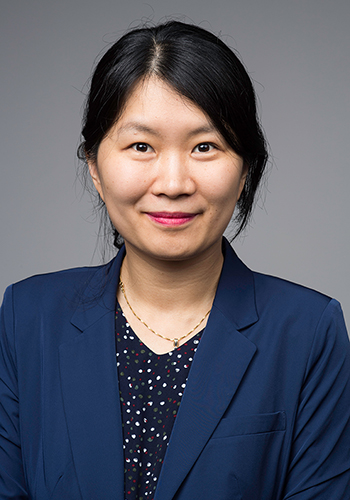
Whasil Lee
Associate Professor of Biomedical Engineering
Associate Professor of Pharmacology and Physiology
Center for Musculoskeletal Research
PhD, Duke University , 2011
- Office Location
- 4-8553 Medical Center
- Telephone
- (585) 276-4631
- Web Address
- Website
Biography
Professor Whasil Lee joined the Departments of Biomedical Engineering and Pharmacology and Physiology in August of 2018. Professor Lee did her postdoctoral training at Duke University under the mentorship of Drs. Wolfgang Liedtke and Farshid Guilak. She earned her PhD from Duke University under Drs. Piotr Marszalek and Vann Bennett in 2011. She has co-authored publications on diverse topics ranging from Single Protein Force Spectroscopy to Single Cell Mechanobiology. Dr. Lee is particularly interested in the mechanotransduction mechanisms of musculoskeletal cells including articular chondrocytes, ligament cells, synoviocytes and chondrogenic stem cells.
Research Overview
Mechanotransduction is an essential physiological process in musculoskeletal cells. In diarthrodial joints, the musculoskeletal cells sense and transduce a wide range of mechanical loading into distinct sets of biochemical signals. This mechanotransduction process plays a critical role in the development, maintenance, degeneration, and regeneration of joint tissues. Using interdisciplinary methodology, The Lee Lab will deconstruct the function of key mechanotransducers (including Piezo ion channels) of musculoskeletal cells under physiologic and pathophysiologic conditions and to translate the knowledge obtained from the research into designing diagnostic strategies and innovative therapeutic drugs to treat joint disease including osteoarthritis. In addition to musculoskeletal research, the Lee Lab plans to identify the ion channel-mediated mechanotransduction mechanisms of chondrogenic stem cells and cancer cells, since the proliferation of these cells is dependent on the stiffness of their physical environment.
Research Overview
Research Interests
- Cell mechanics and mechanotransduction, mechanosensitive ion channels, therapeutic strategies for musculoskeletal disease and joint pain
